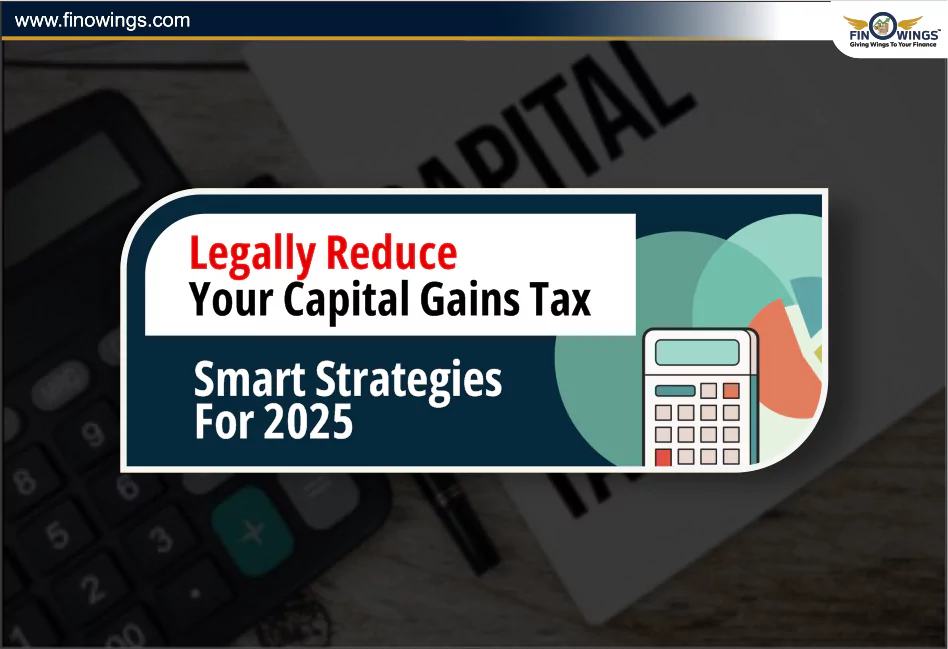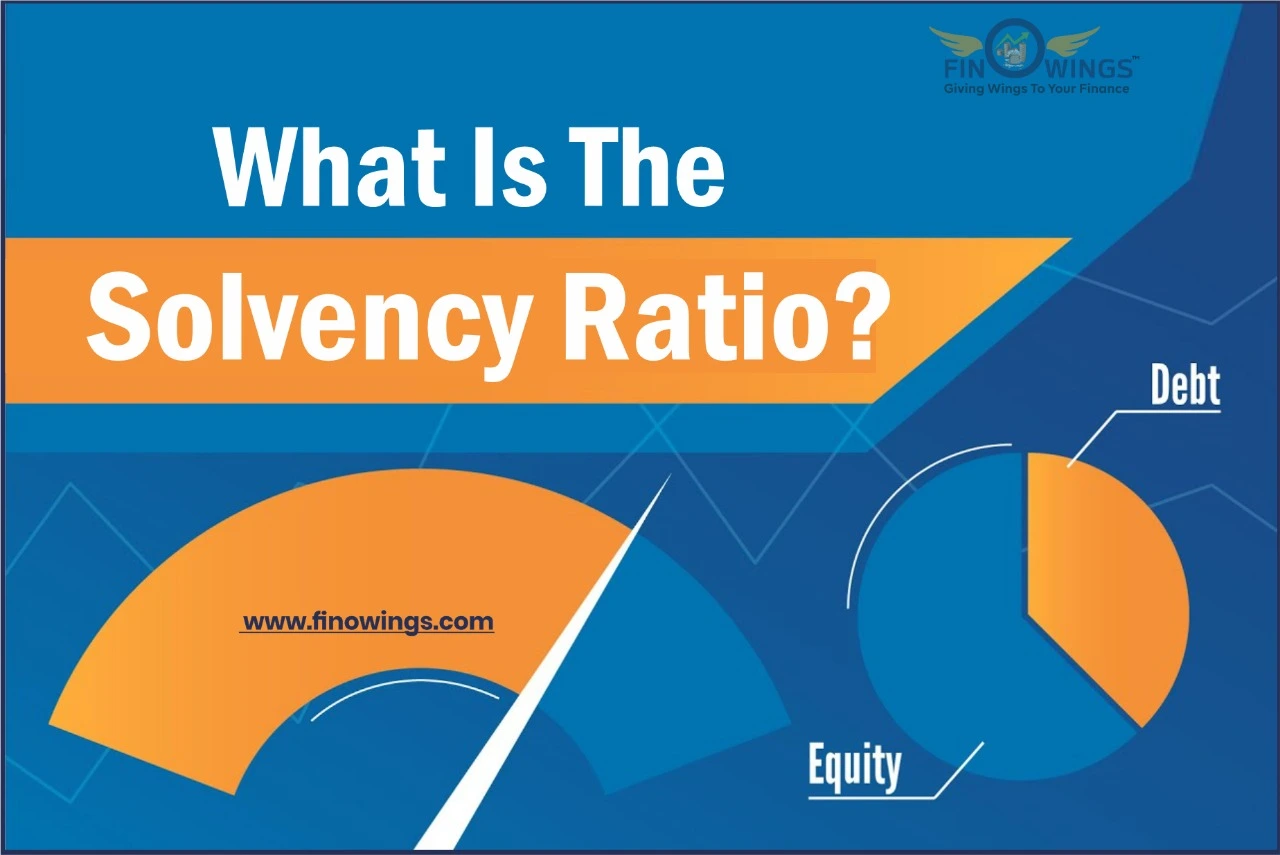Home >> Blog >> Budget Deficit: Causes, Precautions & How Govt. Can Overcome it
Budget Deficit: Causes, Precautions & How Govt. Can Overcome it

Table of Contents
1. Introduction
A budget deficit happens when the spending limit exceeds the income. When the total money you are spending is greater than the total amount of your revenue, this can happen at small and large scales. For example, your home budget might be in a deficit if your monthly expenditure crosses your monthly income.
A budget deficit occurs in companies when the operation cost exceeds the revenue. It follows the same basic rule- the company is in a deficit because its earnings are less than what they owe. On a small scale for an individual, this can result in debt.
It is a bit more complicated for a national deficit, but the basic principle here is that government revenue is less, and the spending limit is more.
2. Causes of Deficit
The causes responsible for a government budget deficit are difficult to track down. Generally, a government budget deficit is caused due to low taxes and high spending. As taxation is the government's primary source of revenue, having low tax income results in low total income.
A few factors that can cause a national budget deficit are-
-
Tax reduction decreases revenue, such as those targeting to boost the ability of large companies to hire employees.
-
Low Gross Domestic Product (GDP – the money being made in the country) can cause low overall revenue, resulting in low tax revenue.
-
The poorly-designed tax system under-taxes the rich and over-tax the poor.
-
More than needed expenses on programs like Medicare and Social Security.
-
High maintenance on subsidies to various big industries.
Something that can cause a deficit need not be entirely removed. For example, expenses like Medicare and Social Security are much needed for the country to work efficiently. However, spending is high in other areas too; government recklessly spending results in a budget deficit.
3. Impact of Government Deficit
The government deficit has several effects that an average person might want to understand. For example, if the deficit crosses the limit, the government might cut funding from a few fields, such as Medicare or Social Security. In addition, the impact of a budget deficit can be severe on the economy if they cut renowned programs on which millions of people depend.
The government can also cut down the renovation and improvements to infrastructure to overcome the deficit.
To increase the revenue, there must be tax hikes for high-income earners or large-scale companies, which may affect their capability to hire new employees or invest in new ventures.
A significant concern of a budget deficit is inflation, which is the price increase. In the USA, a budget deficit can make the Federal Reserve release more money which will feed inflation. The continued national deficits can introduce inflationary monetary policies.
4. To Reduce Government Budget Deficits
The different political groups suggest ways to reduce the federal budget deficit. Let us see some commonly-discussed federal budget deficit solutions-
|
Increase Taxes
|
Increasing taxes is the most effective approach to increasing federal revenue to defeat the deficit. Increasing taxes mainly works well for the wealthy, who live well despite the deficit and pandemic-time recession. However, tax increases can have downsides for politicians. |
|
Increase growth
|
Another way to reduce the deficit is by increasing tax revenue and boosting the economy. When the economy grows, people make more money. And more money being made, there would be more money for taxation. Therefore, it can increase the total tax revenue, increasing government earnings. However, increasing growth is a tricky task. Some believe tax reduction increases growth, but no evidence for such. Others believe in direct stimulation of growth, but there is a risk of putting the government into more debt.
|
|
Cut Expenses
|
Cutting expenses can have different forms of meanings. Some groups favor reducing spending on social programs like Medicaid, Social Security, and state-based programs. Some advocate cutting expenses from the military budget, which is comparatively higher than in other developed nations. Ultimately, this is a complicated political matter.
|
The continued growth of the deficit will spread more arguments on how to cut it.
5. What Are The Types Of Budget Deficits?
There can be three types of budget deficits:
6.1. Fiscal Deficit
It is the total extra expense over the receipts in the same interval. The fiscal deficit does not include borrowing. It can also be defined as the additional amount of money the government needs to borrow to cover all expenses.
The fiscal deficit depends on the amount borrowed. If the fiscal deficit is high, the amount borrowed is high too. A budgetary deficit helps clear the nation's shortfall while paying for expenses in the lack of funds.
The formula for Fiscal Deficit-
Fiscal deficit = Total Expenditure – Total Receipts (Excluding Borrowings)
Impact of Fiscal Deficit
-
Unnecessary Expenditure- A high fiscal deficit is responsible for the government's unnecessary expenditure that might cause inflationary pressure on the economy.
-
Exceeding the currency by RBI to meet the deficit is also called deficit financing. It leads to more money available in the market, causing inflation.
-
Borrowing money will resist the economy's future growth because a large part of the revenue will be used towards covering the debt.
6.2. Revenue Deficit
It is the extra revenue expenditure over total revenue receipts. It can also be defined as the shortfall of revenue receipts compared to expenses.
A revenue deficit implies to economists that the present revenue earned is insufficient to fulfill all the expense requirements for essential government functions.
Formula-
Revenue Deficit = Revenue Expenditures – Revenue Received
Impact of Revenue Deficit
-
Reduced Assets- To cover the revenue deficit, the government might need to sell some assets.
-
It also causes inflation in the economy.
-
It might bring the idea of borrowing money, leading to a more significant economic debt
6.3. Primary Deficit
The primary deficit is the difference between fiscal deficit and payable interest on previous borrowings. The primary deficit can also be defined as the requirement of borrowing money, excluding interest payments.
The primary deficit represents the expenditure that the government can fulfil without paying the interest payment.
The requirement of borrowing credit for clearing the pending interest payments is called a Zero deficit.
Formula-
Primary deficit = Fiscal Deficit – Payable Interest Amount
6. Guard against a Budget Deficit
Budget Deficit is not something that only the government can face. Private individuals can also face deficits. However, some people do not realize they might be experiencing a deficit due to factors like loans and credit cards.
There are a few steps that can lower your fiscal deficit-
-
Know your monthly income- It is necessary to keep tabs on the income you bring home each month. It becomes tricky when working multiple jobs, irregular shifts, freelance labour, or performing contracts. Knowing the average amount you earn each month is crucial.
-
Know your monthly expenses- Knowing your monthly expenditure is as important as keeping tabs on your income. You should be aware of the money going out. Many people have inconsistent monthly expenses. It is better to determine your necessities and the average monthly amount you spend.
-
Plan your spending to match your income- Panning your expenses is the first step after knowing your money-in and money-out. This way, you can ensure your savings, expenses, or any massive credit card debt.
7. Conclusion
Budget deficits happen when expenditures exceed revenue; for a country, they can lead to economic disturbance, such as inflation. The fiscal policy helps to promote economic growth by increasing tax revenue and decreasing spending, which can reduce a budget deficit.
Frequently Asked Questions
The U.S. government had a federal budget surplus in 2001 last time. However, every year since, there has been a federal budget deficit.
As a GDP percentage, budget deficits may reduce in times of economic prosperity. Higher tax revenue, lower unemployment rates, and increased economic growth lessen the requirement for government-funded programs like unemployment insurance.
A budget deficit does not always have a destructive impact. Sometimes it is intentional and helps in the growth of the economy. For instance, the government can invest in infrastructure maintenance, mineral search, etc. It creates job opportunities, reduces unemployment, and boosts the economy.

















